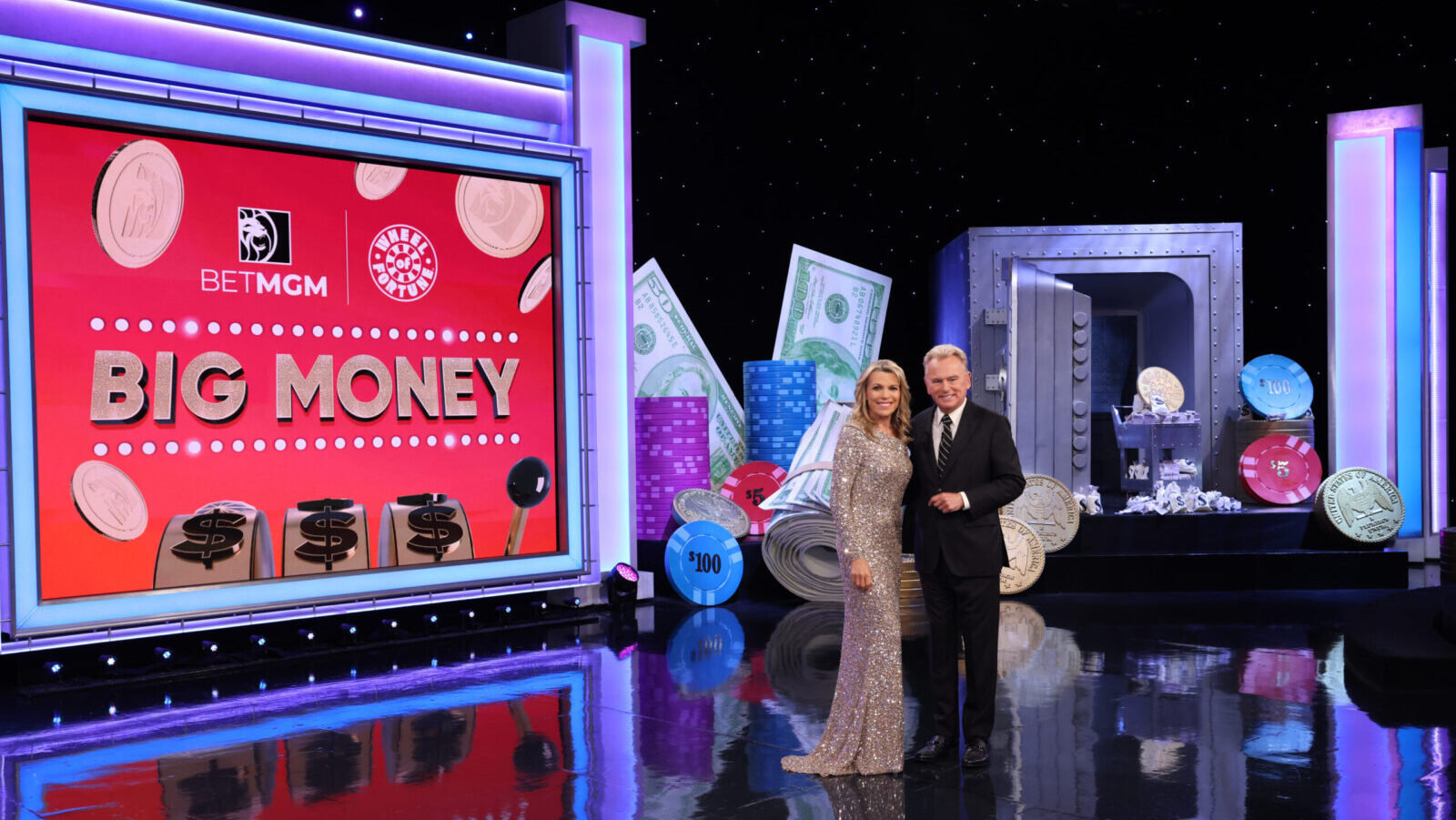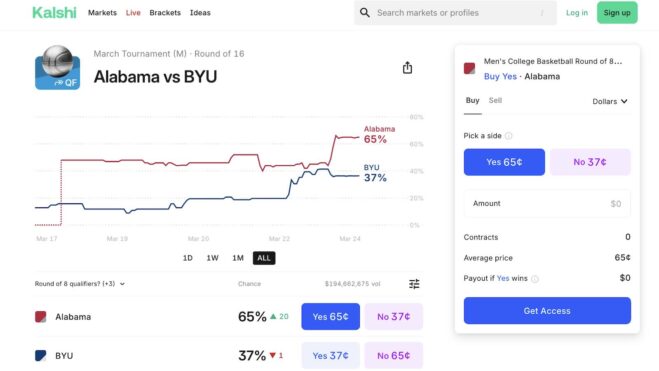New Jersey Bill Aims To Bring Sweepstakes Sites Under House Rules
Assemblyman Clinton Calabrese’s legislation would subject the sites to same oversight as regulated iCasinos
2 min

If you can’t beat ‘em … tax ‘em.
That’s pretty much the message one New Jersey legislator is sending to the “sweepstakes” gaming world, as a bill dropped last week that would turn the unregulated sweepstakes industry in New Jersey into nothing more — or less — than the regulated sports betting and iCasino market.
Assemblyman Clinton Calabrese — who, it should be noted, is a third generation New Jersey politician and is vice chair of the Touring, Gaming, and the Arts committee — introduced A5196, which seeks to take the gray area that is gambling with sweepstakes prizing and turn into solid black (for the state).
Under the legislation, would-be sweepstakes operators would be governed and licensed — and taxed — just like every other online sportsbook and casino in the state.
Should the bill pass, operators must obtain a casino service industry enterprise license, an internet gaming permit, and a partnership with an existing licensed casino.
They would be under direct oversight of the Division of Gaming Enforcement, would have to have bi-annual audits to retain licensing, and have an initial third-party audit to verify operational integrity and financial standing.
Licensed sweepstakes operators would be subject to the same requirements as other internet gaming operators, including employee background checks, age verification (minimum age 21), licensing and permit fees, and, most importantly for the state, standard gaming taxes on gross revenue, which is currently 13% on online sports betting and 15% on online casino.
And if the bill were to pass, any sweepstakes operators that continued to operate without licensure would be subject to DGE and law enforcement investigations, restricted access via telecommunications providers, and $1,000-per-player-per-day fines and $10,000 fines for each advertising infraction.
Industry group applauds
One organization representing many of the companies in the sweepstakes industry, the Social and Promotional Games Association (SPGA), was enthused about the bill, which comes after numerous states have sent cease-and-desist letters to sweepstakes operators.
“The SPGA welcomes Assemblyman Calabrese’s bill,” spokesperson Randi Brown said. “The SPGA and its members are advocates for clear regulations that enable transparent, innovative, and responsible social and promotional gaming experiences. The bill aligns with our core objective of reinforcing the well-established legality and legitimacy of social sweepstakes games, which millions of American adults enjoy.”
Sweepstakes sites straddle the line between social gaming and traditional online casinos. Players can access games through websites or apps, offering everything from slots to live-dealer experiences. The key distinction from social gaming sites lies in their dual-currency model: a free-to-play side using virtual coins, and a “sweepstakes” side featuring “sweeps coins” that can potentially be redeemed for real prizes, i.e. cash.
The sweeps coins — the element raising regulatory eyebrows — can be obtained either through giveaways or alongside purchases of the virtual play coins. Major players in this space include Chumba Casino, Pulsz Casino, LuckyLand Slots, Global Poker, and Fliff Sportsbook.
The bill is far from a slam-dunk, as the idea of established New Jersey casinos welcoming their sweepstakes distant-cousins with open arms feels like a reach, and there is bound to be pushback from groups such as the American Gaming Association, which has been urging lawmakers to clamp down on the model.






